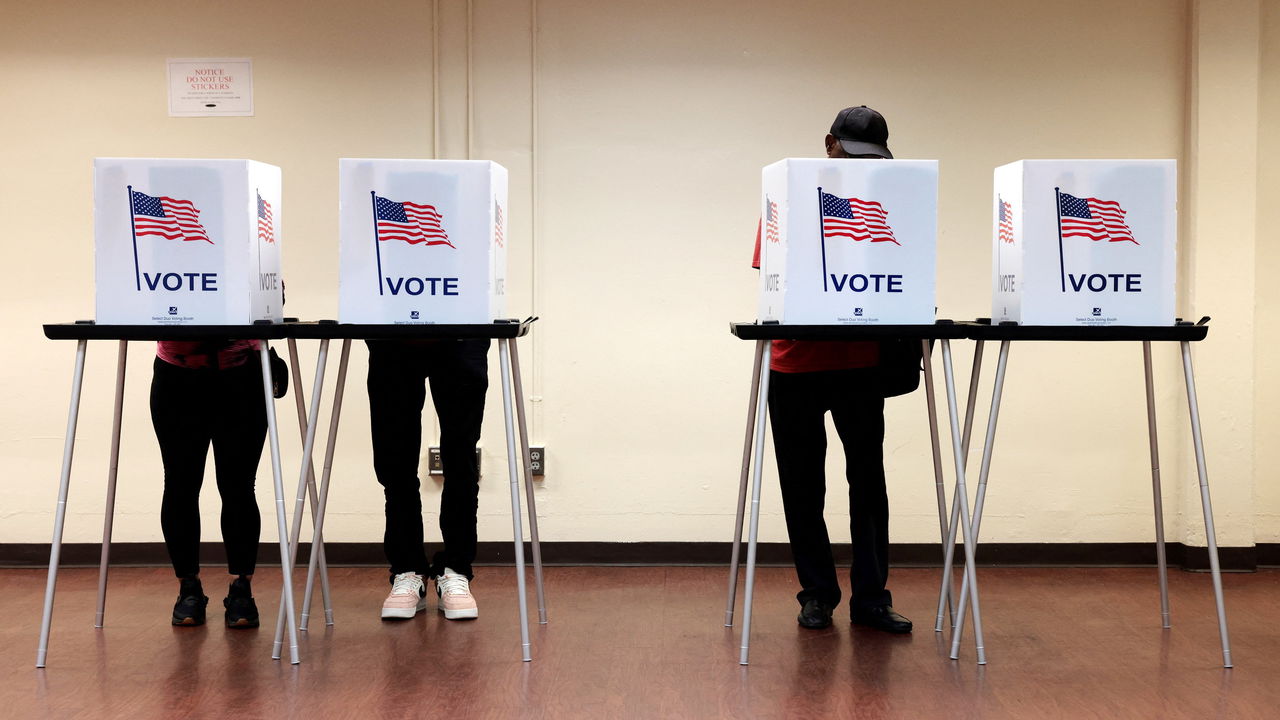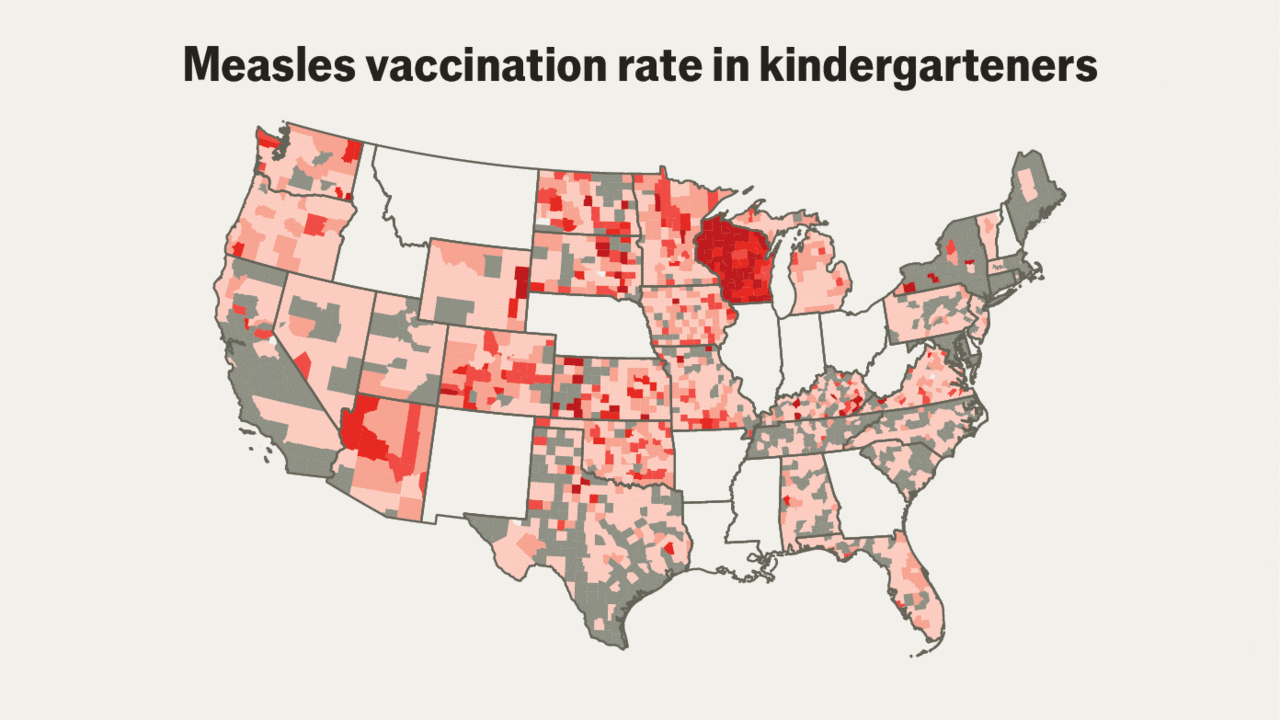AMID TEETERING uncertainty over who will win next week’s presidential election, little suspense looms about one thing: if Donald Trump loses, he will not concede to Kamala Harris. Instead, as he has been doing throughout his campaign, Mr Trump will repeat false claims of fraud from the 2020 election and apply them to 2024 with a fresh emphasis on a supposed scourge of non-citizen voting. And he will take those claims to court. Mr Trump’s team and supporters filed more than five dozen post-election lawsuits in 2020, resulting in one inconsequential win and 64 losses. Might he have a better shot at litigating a loss this time around?
Probably not. The courts are already busy considering hundreds of legal claims—regarding voter identification, registered-voter rolls and early voting, among other issues—from Republicans and Democrats alike. Few significant cases are going Mr Trump’s way. The chances of a lawsuit after November 5th turning an electoral loss into a win are low. But Mr Trump’s legal strategy could cultivate a destabilising post-election landscape in America for the second time in two cycles.
One minor win for Republicans came in a decision barring University of North Carolina students from using digital college IDs to vote. A second involves late-arriving ballots. In a stunning decision on October 25th, the Fifth Circuit Court of Appeals sided with the Republican National Committee in a challenge to Mississippi’s law permitting ballots postmarked by election day to arrive up to five business days later—a practice used in some 17 states and the District of Columbia. A three-judge panel said this arrangement, despite being widespread and long-standing, violates the principle of a uniform “election day” in federal law. For technical reasons, the ruling will probably not amount to much for the 2024 election. But it could inspire a national reckoning in the lead-up to 2026.
Otherwise, pre-election legal bouts are mainly being won by the Democrats. In an apparent plan to stack the deck in a battleground state, three pro-Trump Republican members of Georgia’s board of elections instituted eleventh-hour changes to vote-counting and certification rules in August. On October 16th a state judge declared those changes “unlawful and void” and a higher court, on October 22nd, refused to take up an appeal before the election. This ensures that local officials in Georgia will not be empowered to “find” votes for losing candidates, as Mr Trump infamously requested of the secretary of state, Brad Raffensperger, during a phone call on January 2nd 2021.
Most attempts to remove voters from the rolls have faltered, too: one such lawsuit in Nevada was dismissed on October 18th while another from the Republican National Committee accusing Michigan of poorly managing its rolls went nowhere in a district-court ruling four days later. On October 28th, a similar lawsuit fizzled in Illinois.
But another effort to cull voter lists has survived a trip to the Supreme Court. On October 30th the justices ruled 6-3 (with all three Democratic appointees in dissent) that Virginia can move ahead with its purge of 1,600 voters who are, purportedly, non-citizens. On October 25th a federal judge had sided with the Biden administration, finding the purge to violate the National Voter Registration Act. This law, passed in 1993, requires a 90-day quiet period during which states may not “systematically” remove ineligible voters from the rolls due to the risk that eligible voters’ registrations could be mistakenly cancelled. On October 27th the Fourth Circuit Court of Appeals refused a request from Virginia’s governor, Glenn Youngkin, to keep the purge in place. But in an unexplained order three days later the Supreme Court sided with Mr Youngkin. The ruling is not likely to shift outcomes in Virginia’s races but could portend similar decisions—potentially, again, along party lines—if more voter purges reach the Supreme Court.
A case involving the all-important battleground state of Pennsylvania also arrived at the Supreme Court this week. Republican National Committee v Genser asks whether voters who mistakenly invalidate their ballots by posting them without the required “secrecy envelope” can vote at their polling place instead. A 4-3 majority of the Pennsylvania supreme court decided that such voters enjoy this opportunity under state law. But in its brief to the Supreme Court, the RNC is relying on the opinion of a dissenting Pennsylvania judge that the majority “exceeded the bounds of statutory interpretation” and “supplanted the power vested in our General Assembly to regulate elections”.
Genser seeks to exploit a small opening in Moore v Harper, a Supreme Court decision from 2023. Moore deflated but did not entirely discard the “independent state legislature theory”, the idea that nobody, including judges, can override a state legislature’s election rules.
Could such cases affect the outcome of the election? The number of votes at stake would make a difference only in the event of a near tie in a battleground state along with a close split in the electoral college. Rick Hasen, an election-law expert at the University of California, Los Angeles, says that if the Supreme Court were to adjudicate a razor-thin margin in a decisive state—as it did in Bush v Gore in 2000—”motivated reasoning can take over and partisanship may matter”. But otherwise, he reckons, “it is hard to see Mr Trump litigating his way from an election loser to an election winner”.
A separate concern centres on Trump loyalists on county election boards who may refuse to certify vote totals. At least seventeen local officials in swing states demonstrated this intransigence in 2020, delaying but not upending the counting. More followed in 2022. Citizens for Responsibility and Ethics in Washington, a watchdog, has counted 35 established obstructors currently on election boards across the country. But Wendy Weiser of the Brennan Centre, a think-tank, says courts have stepped in quickly and decisively to enforce these officials’ purely ministerial obligations. An official’s role is like that of a principal at graduation, Ms Weiser explains: their job is to “hand out the diplomas”, not investigate “whether a student really deserved an A on the calculus exam”. In sum, Ms Weiser says, “it will be theatre”, but with the clarity of state law and the speed of state courts, holdouts pose no “threat to the finality of the election”.
For all the weaknesses of Mr Trump’s lawsuits, the volume of litigation may have an aim other than success in court. The litigation fuels Mr Trump’s persistent efforts to discredit the process, to accuse Democrats of cheating and to raise fears that illegal immigrants are corrupting the election. Courts may remain unpersuaded by claims that are unsupported by evidence. But Mr Trump’s flock, not judges, could be their ultimate audience. ■

 Economics1 week ago
Economics1 week ago
 Economics1 week ago
Economics1 week ago
 Economics1 week ago
Economics1 week ago
 Economics1 week ago
Economics1 week ago
 Blog Post1 week ago
Blog Post1 week ago
 Economics1 week ago
Economics1 week ago
 Economics7 days ago
Economics7 days ago
 Economics1 week ago
Economics1 week ago









